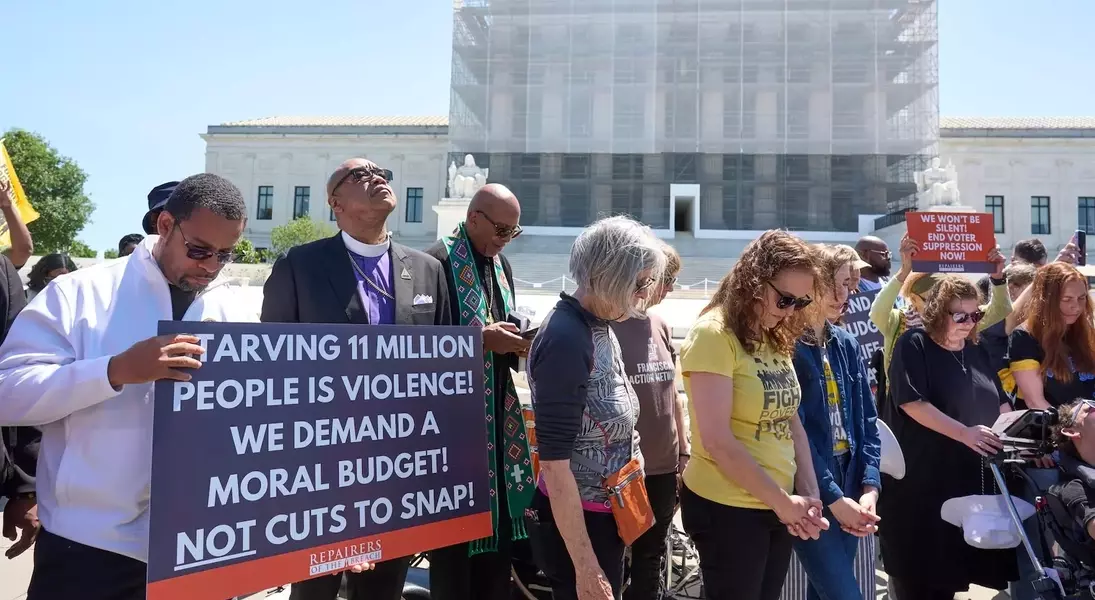
A recent survey highlights a significant gap between the legislative priorities of Republican lawmakers and the financial expectations of the American public regarding federal spending. While discussions around cutting expenditures for certain welfare programs gain traction, many citizens believe these initiatives are underfunded rather than overextended. The study conducted by The Associated Press-NORC Center reveals widespread support for maintaining or even boosting funding in areas such as Social Security and Medicare.
Among the contentious topics, Medicaid and food assistance programs stand out as particularly polarizing. According to the poll, nearly half of U.S. adults perceive Medicaid as being inadequately funded, while about 45% feel similarly about food assistance programs like SNAP. Interestingly, opinions vary sharply along party lines, with Republicans more likely to advocate for reduced spending on food aid compared to Democrats and independents. Meanwhile, fewer Republicans express concerns about excessive Medicaid expenditure, illustrating a nuanced perspective within the GOP ranks. Furthermore, divisions emerge regarding military and border security budgets, where Americans remain split over whether current allocations strike the right balance.
Despite differing views on domestic versus international commitments, a consensus appears to form concerning foreign aid. A majority of respondents believe the United States allocates too much toward assisting other nations, marking a rare instance of bipartisan agreement. However, this sentiment remains stronger among Republicans than Democrats. In light of these findings, it becomes evident that crafting policies reflective of national priorities requires careful consideration of diverse perspectives. By aligning governmental actions with public will, leaders can foster trust and promote equitable resource distribution across vital sectors impacting everyday lives.
